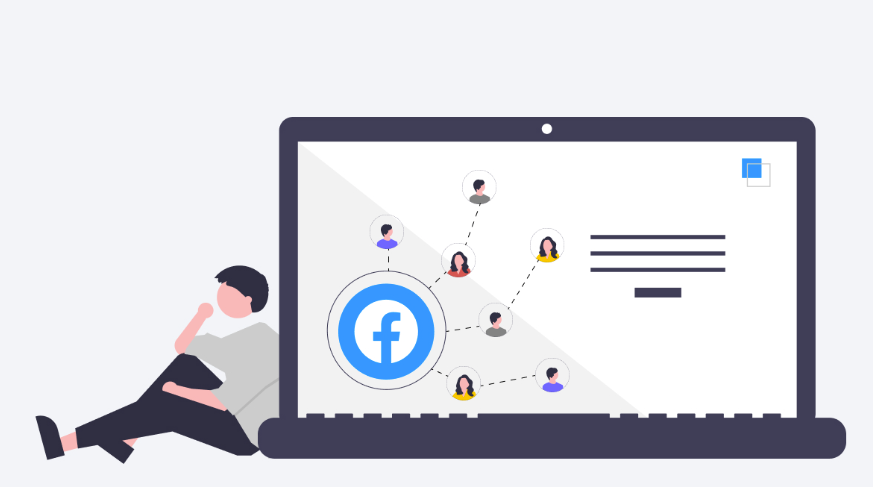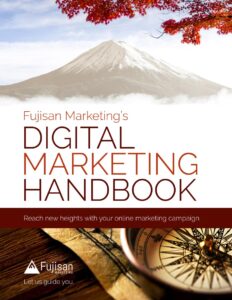It makes sense that most businesses aside from specific venues and some brick-and-mortar places don’t tend to consider hosting events: They’re a lot of work, the work in question is usually outside your purview, and depending on their nature, they often don’t immediately make a profit — or sometimes bring in any revenue at all.
That being said, events and tradeshows can be massively impactful when it comes to growing momentum for your business, as well as building a community of people with common interests or goals related to it. Essentially, you’re facilitating greater connections between your business and potential customers in ways that are mutually beneficial to everyone.
Also, often overlooked is that tradeshows and other events give brands the ability to get feedback from real humans — in their own words and with far more nuance than you could ever get from the numbers in digital data.
At the same time, depending on the setup can allow brands to get a better look at their “competition” albeit in a friendly, noncompetitive environment.
So, when it comes to planning an event like this, you should consider the people (or businesses, if this is for a B2B industry) whom this is for and their relationship to your brand — as well as to the venue if applicable and any other brands or groups you’re partnering with to stage it. This will influence how you market the event while targeting all parts of the customer journey, from increasing awareness, and generating leads that result in attendees!
From there you can start to craft an appropriate approach; here are some key details for advertising on Facebook and Instagram — as well as a few other steps you can take — for each stage:
Brand and Event Awareness
Image Source: time.ly
Unfortunately, or fortunately, depending on the angle, there is some level of entanglement between people’s awareness of your brand and their awareness of an event you’re putting on. On one hand, that’s much of the whole point — on the other, it does muddy things up somewhat about how to reach people effectively.
No matter, as long as you think flexibly and are conscious of how the two are mixed together a bit, it shouldn’t create crazy complications.
Of course, the basics here begin with simple things like setting up an event on Facebook, ticketing if relevant — Eventbrite is the most famous one, but it has huge fees so be sure to research which ticketing platform is best for you — and other foundational pieces.
Even though “create a Facebook event” feels extremely basic, it’s really helpful. Just the act of it existing and being shared immediately creates a baseline level of awareness: It gets the name, date(s), and time out there, allows people to RSVP publicly, and in doing so creates further awareness, and assumes the event page is running well and adds a level of legitimacy and “officialness.”
Boosting your event from there can help you establish greater awareness by reaching a larger audience, encouraging users to engage, and in the process blurring the lines between awareness and people actually considering attending.
Event or Tradeshow Considerations
Image Source: time.ly
When it comes to using social media to encourage potential attendees to consider your event, consistent organic posting in conjunction with paid efforts enables you to reach a far wider audience than if you only did one or the other.
Moving on to the “consistent” part. A regular schedule leading up to your event and, if relevant — for example for something that lasts multiple days — through the event is key. We’ve harped on this before in other blogs, but having wild gaps in posting doesn’t tend to bring great results. And in a related vein when it comes to events, just throwing up one post and calling it good won’t work out very well either.
Instead, a consistent schedule — even if it’s not “official” — combined with informative and engaging content is so much more effective. Making the contents of your posts a combination of “spreading the word” and informative insights helps remind users both of the existence of your event and why they should go. Consider paying to boost certain posts when you have ones that have a great volume of engagement to reach a larger audience.
Furthermore, just like the generations-long tradition of strategically papering tickets for theatre shows, giveaways or other papering-adjacent practices can help boost both initial attendance and momentum that has a positive butterfly effect. In these cases, both organic and boosted giveaway posts — or indeed full giveaway campaigns — can work.
Lastly, and related to the giveaways, encourage users to interact with your event and generate content related to it. That could mean sharing their stories about the event, interacting with your posts, and more. Also, if you have past events and attendees who you still interact with you, share imagery of that to give others a taste of what to expect.
This also creates excitement, both for those who had positive experiences with your past events and for potential newbies who are ideally now getting a sense of the positive takeaways and experiences.
Event Conversions
Image Source: time.ly
Lastly comes converting people from “interested in your event” to “attending your event.”
When it comes to Facebook, run conversion ads specifically to target people who are considering the event. This focuses on the final step of making people decide to attend — because of this, you have to reach the right audience at the right time.
When considering who you’re marketing to, you can target people more efficiently by choosing the right audience on Facebook’s controls beforehand. These include:
- Interest audience: Targeting those who have interests related to the events’ contents.
- Retargeting: Reaching users who have already engaged with your brand.
- Custom audience: Customizing your audience through customer lists, site traffic, or through other parameters such as users who attended past events, so that you can let those who had a good experience already know that it’s happening again.
There are other audience options too, including lookalike audiences, but those generally will have to be made 1) aware of your event and 2) to consider it, before you can try to target them to convert.
When running conversion ads, they should convey a sense of urgency — how often have you heard of an event, thought “Oh that sounds interesting, maybe I’ll check that out,” and then thought about it again for the first time a month or two later while realizing you missed it? Yeah, we don’t want that.
While there will be more people for whom awareness and consideration are appropriate, you want to be driving conversion-focused ads more than any other step; this is the final step. Without this, you could have loads of awareness but a lackluster event with poor attendance. Conversion ads can drive people directly to your site or wherever tickets can be purchased.
Despite their flaws, Meta platforms like Facebook and Instagram are effective tools for reaching the ideal audience at different levels of their customer journey (or marketing funnel, depending on your angle).
To have a successful event or tradeshow of any kind, you have to have good attendance, and to have good attendance you simply have to advertise it well and often. A clear strategy is essential to both crafting and executing a marketing plan — which in itself is essential to ending with success!







